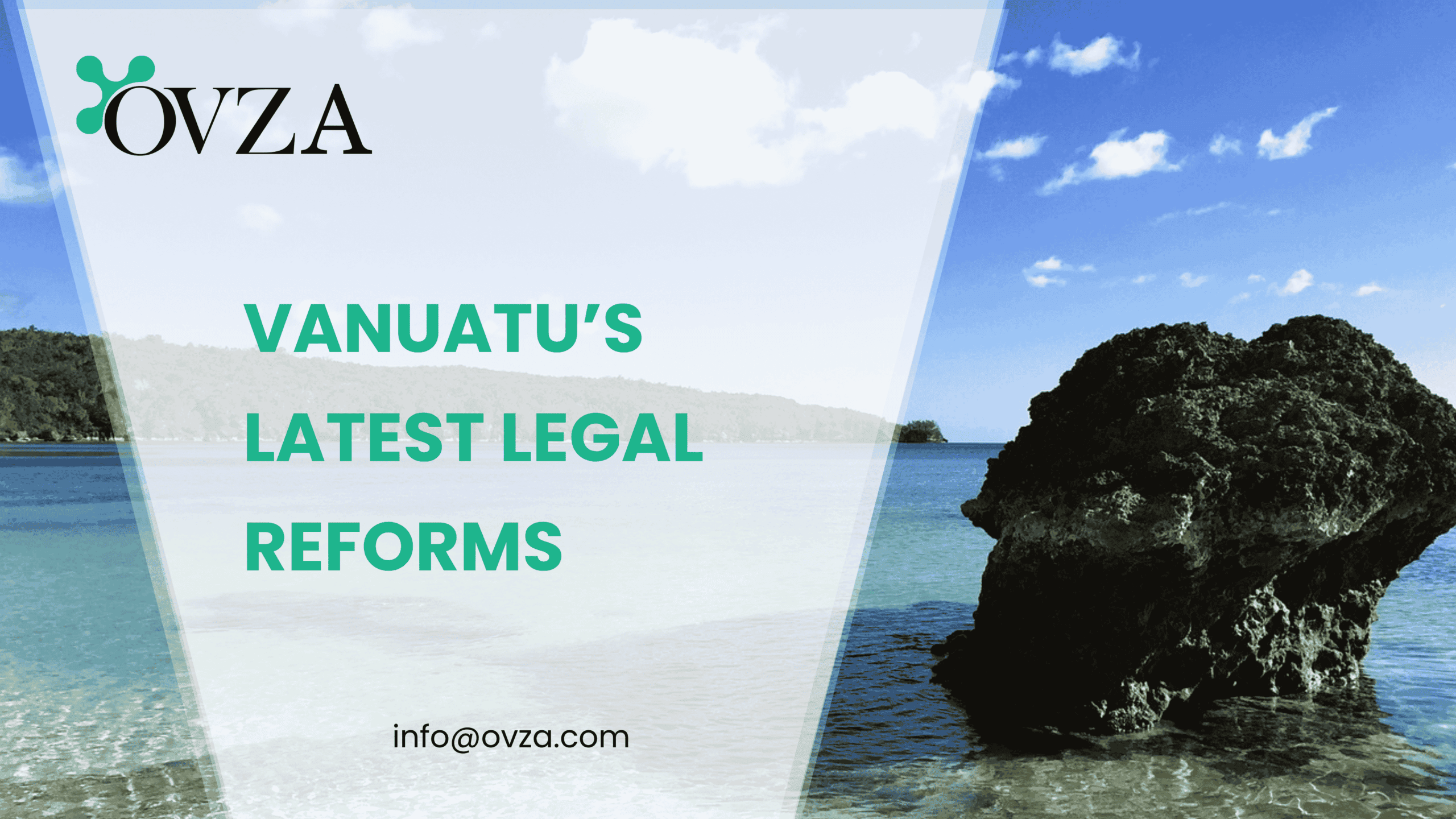Costa Rica enforces strict compliance laws for offshore companies covering transparency, tax reporting, governance, and economic substance. Costa Rica’s legal framework for offshore business entities has undergone significant evolution over the past decade, primarily in response to shifting international norms around tax transparency, anti-money laundering, and cross-border corporate governance. The jurisdiction, while not traditionally considered a secrecy-based offshore center, has historically been used for asset holding structures, regional headquarters, and investment platforms. However, following pressure from global regulatory bodies, Costa Rica has implemented a comprehensive suite of compliance measures applicable to resident and non-resident entities operating within its jurisdiction or using its legal structures internationally.
Legal Entity Transparency and Reporting Obligations
One of the core components of Costa Rica compliance laws involves the legal transparency of corporate structures, particularly as it relates to beneficial ownership and tax reporting. The introduction of the Registro de Transparencia y Beneficiarios Finales (RTBF)—a mandatory registry for beneficial owners—has become central to the jurisdiction’s compliance obligations. All Costa Rican legal entities, including Sociedad Anónima (S.A.) and Sociedad de Responsabilidad Limitada (S.R.L.), must submit information identifying the natural persons who ultimately own or control the entity. The registry is managed by the Central Bank of Costa Rica and integrates with the national tax administration system.
This disclosure requirement aligns Costa Rica with international standards established under the OECD’s Common Reporting Standard (CRS). As a participating jurisdiction, Costa Rica exchanges financial account information with other tax authorities globally. Financial institutions operating in Costa Rica are required to identify the tax residency of account holders and report account balances, income, and ownership structures associated with foreign individuals and entities. These obligations are binding under Costa Rican law and apply equally to foreign-owned companies domiciled in the country.
Additionally, Costa Rica has implemented compliance requirements under the US Foreign Account Tax Compliance Act (FATCA) through an intergovernmental agreement (IGA) with the United States. Financial institutions must report the financial information of US persons to the Dirección General de Tributación, which transmits it to the US Internal Revenue Service. These reporting protocols have introduced enhanced scrutiny over offshore structures that may involve US taxpayers or hold US-source assets through Costa Rican entities.
Complementing these information-sharing frameworks, Costa Rica amended its Tax Administration Law (Ley de Administración Tributaria) to provide expanded authority to the Dirección General de Tributación for auditing and enforcement. The reforms empower the tax authority to require extensive documentation on cross-border transactions, related-party dealings, and corporate ownership chains involving Costa Rican entities. This directly impacts offshore structures that have historically relied on limited disclosure regimes to obscure the flow of assets and income.
These transparency-focused Costa Rica compliance laws reflect a deliberate departure from earlier regulatory models that enabled opaque ownership and minimal financial disclosure. The legal framework now obligates all corporate entities to maintain accurate, timely, and auditable records of ownership and financial activity. These requirements are particularly relevant for international advisors structuring offshore entities in Costa Rica for investment or holding purposes, as non-compliance can result in administrative sanctions, financial penalties, or deregistration of the entity.
Costa Rica’s alignment with FATCA, CRS, and domestic tax transparency reforms has positioned it as a jurisdiction with enhanced regulatory expectations for offshore business operations. The legal infrastructure continues to evolve, driven by the country’s commitment to full participation in international tax and financial information exchange regimes.
Corporate Governance and Economic Substance Obligations
Costa Rica has intensified its corporate governance requirements as part of its broader compliance reform strategy, introducing stricter regulations to ensure that companies—particularly those used in offshore business structures—demonstrate genuine operational presence and accountability. These Costa Rica compliance laws are designed to meet international standards on corporate transparency and reduce the use of legal entities for tax evasion, base erosion, and profit shifting.
Under current law, every legal entity incorporated in Costa Rica is required to appoint at least three board members (for Sociedad Anónima) or one manager (for Sociedad de Responsabilidad Limitada), who must ensure that the company complies with statutory obligations, including financial reporting, maintenance of local accounting records, and adherence to tax disclosure requirements. While directors and legal representatives are not required to be Costa Rican residents, they must be reachable for compliance purposes and may be held personally liable under administrative and civil law in cases of non-compliance.
Costa Rica has not formally adopted a standalone economic substance law, as seen in jurisdictions like the British Virgin Islands or Bermuda. However, substance requirements are embedded within the enforcement practices of the Dirección General de Tributación and the Ministerio de Hacienda through transfer pricing regulations and anti-abuse measures. Entities engaging in cross-border transactions or declaring income that is tax-exempt or subject to reduced rates must demonstrate that the business activities generating such income are physically and economically linked to Costa Rica.
The existing Transfer Pricing Guidelines, which are modeled on OECD standards, require companies to document the economic rationale behind their pricing of intercompany transactions. This includes showing evidence of actual business activity, such as contracts, personnel, and physical infrastructure. These requirements are applicable even to companies operating under offshore or holding structures if they are deemed to have economic links to Costa Rica or are utilizing Costa Rican legal entities for international asset management purposes.
In addition, companies that are granted tax benefits under special regimes, such as the Free Trade Zone Regime (Régimen de Zona Franca), must comply with annual filing obligations to maintain their status. These entities are subject to regular audits and are required to demonstrate that they meet investment, employment, and local operations thresholds. While these regimes are not designed exclusively for offshore businesses, they are frequently used by multinational entities managing international business flows through Costa Rica.
To further tighten corporate governance, Costa Rica amended the Código de Comercio (Commercial Code) to mandate that all corporate books, including shareholder registers and board resolutions, be maintained and available in physical or digital form within the national territory. This enables local authorities to carry out inspections and enforce compliance more effectively. These obligations apply regardless of whether the company is actively trading or passively holding assets offshore.
These corporate oversight requirements are an integral part of Costa Rica compliance laws and have redefined the obligations of foreign investors and service providers managing offshore entities in the jurisdiction. Companies that fail to comply with these governance and substance obligations may face tax reassessments, administrative fines, and, in certain cases, legal action for misrepresentation or tax evasion.
The reform process has placed Costa Rica in a regulatory category distinct from classical offshore jurisdictions. Rather than offering secrecy or minimal regulation, Costa Rica now imposes an affirmative burden on entities to maintain legal and economic accountability within the national jurisdiction, even when operating with cross-border or offshore structures.
Financial Reporting, Sanctions, and Legal Enforcement
As part of the regulatory consolidation under Costa Rica compliance laws, the government has strengthened its financial reporting framework for both domestic and foreign-controlled entities. All Costa Rican legal entities are now required to submit annual corporate tax returns regardless of whether they conducted business or generated income during the fiscal year. This universal filing obligation applies to passive holding companies as well, which may otherwise have been excluded under prior administrative practice.
The mandatory submission of balance sheets, income statements, and supporting documentation is regulated by the Dirección General de Tributación under the country’s General Tax Law. In addition, certain categories of companies must file audited financial statements, particularly when they exceed annual revenue thresholds or are engaged in international trade, related-party transactions, or financial services. These disclosures are often required to demonstrate the legitimacy of business operations and compliance with transfer pricing and economic substance principles.
To increase financial traceability, Costa Rica also requires legal entities to maintain an active corporate bank account in a locally regulated financial institution. This requirement is enforced under the broader framework of the Anti-Money Laundering (AML) legislation, overseen by the Superintendencia General de Entidades Financieras (SUGEF). Financial institutions are required to apply customer due diligence (CDD) and report suspicious transactions to the Unidad de Inteligencia Financiera (UIF). These controls extend to corporate accounts held by offshore entities incorporated in Costa Rica or using Costa Rican financial institutions as intermediaries.
Enforcement of Costa Rica compliance laws has become significantly more rigorous. Non-compliance with corporate filing or beneficial ownership disclosure may result in penalties that include monetary fines, the inability to issue invoices (which legally disables a company from conducting business), and deregistration from the National Registry. In more serious cases—such as tax evasion, use of false documents, or failure to comply with AML obligations—corporate officers may face criminal charges.
Costa Rica’s legal framework also provides for cross-border enforcement and cooperation with international tax and regulatory authorities. Under its commitments to the OECD Global Forum on Transparency and Exchange of Information, Costa Rica is obliged to respond to information requests from other jurisdictions. In this context, offshore structures using Costa Rican entities are no longer shielded from scrutiny and are subject to information exchange under the Multilateral Competent Authority Agreement (MCAA).
These enforcement tools collectively serve to ensure that offshore business operations connected to Costa Rica operate within a transparent and accountable legal environment. Companies seeking to maintain legal standing in Costa Rica must not only meet their filing obligations but also ensure that their business purpose, substance, and financial behavior are aligned with the jurisdiction’s legal standards.
Conclusion
The evolution of Costa Rica compliance laws reflects the jurisdiction’s strategic alignment with international financial transparency, tax enforcement, and anti-money laundering initiatives. From the establishment of beneficial ownership registries and FATCA/CRS reporting obligations to enhanced governance requirements and financial auditing standards, Costa Rica has redefined its legal posture in the offshore regulatory landscape.
Entities that use Costa Rica as part of their offshore structuring must now operate within a framework that prioritizes transparency, economic substance, and enforceable compliance. The jurisdiction’s legal reforms create an environment where offshore companies can function legitimately, but only if they are fully integrated into the country’s financial and regulatory systems. This marks a fundamental shift from permissive offshore administration toward active, rules-based supervision aligned with international norms.
Disclaimer: The information provided on this website is intended for general reference and educational purposes only. While OVZA makes every effort to ensure accuracy and timeliness, the content should not be considered legal, financial, or tax advice.











